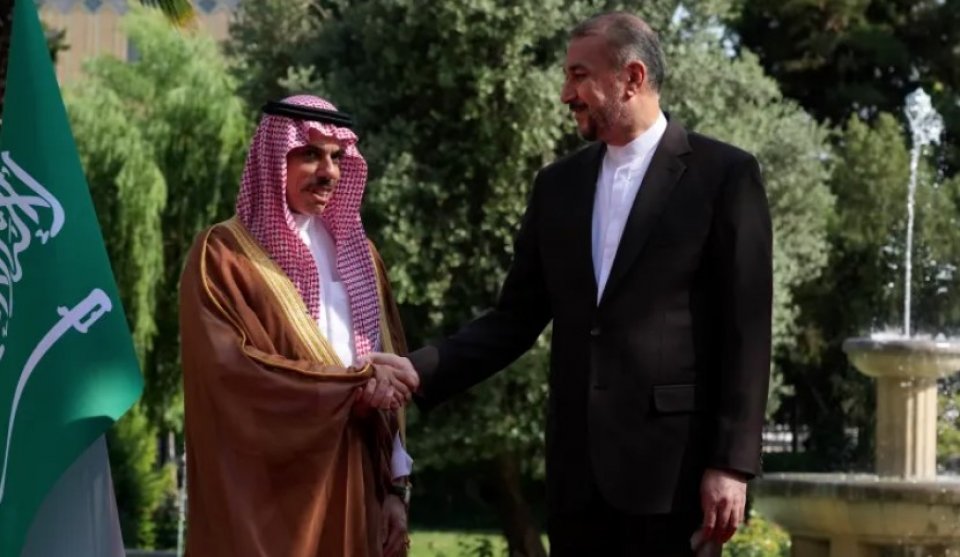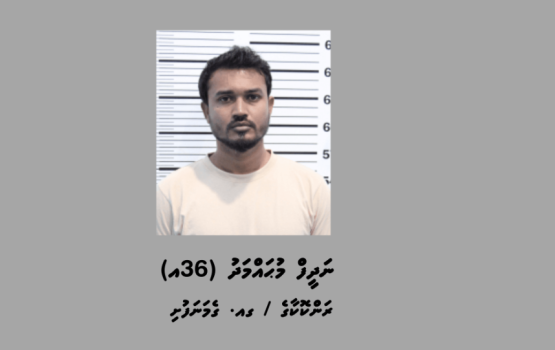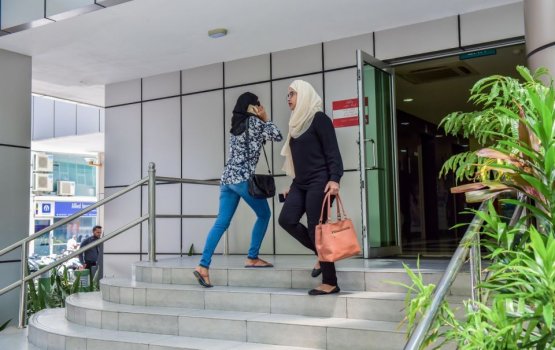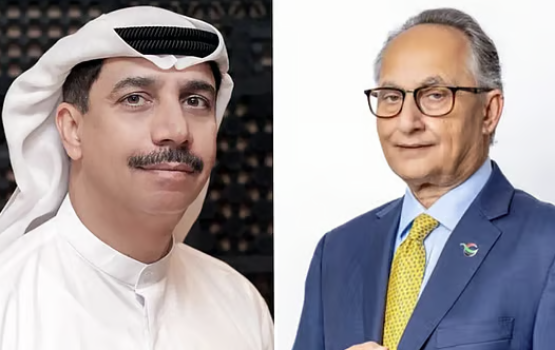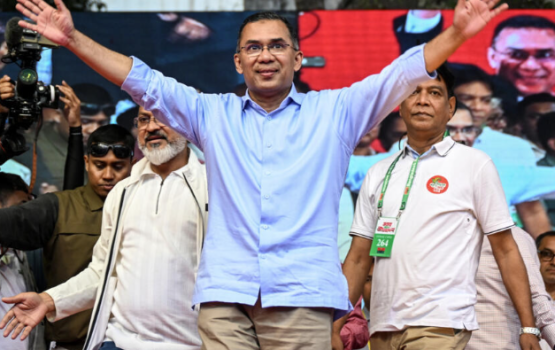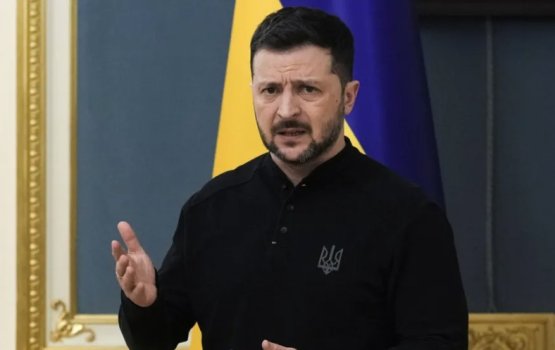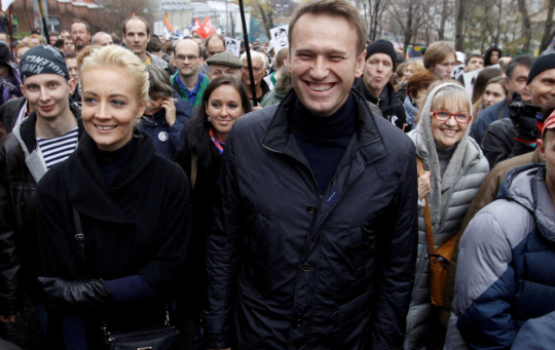In an effort to mend a diplomatic split and restore relations after seven years of rivals, the foreign ministers of Iran and Saudi Arabia met in Tehran.
Prince Faisal bin Farhan Al Saud was greeted by Iranian Foreign Minister Hossein Amirabdollahian on Saturday at the foreign ministry.
The Iranian president, Ebrahim Raisi, who has just returned from a trip to Latin America, was also met by Saudi Arabia's top diplomat.
The two ministers praised the restoration of diplomatic ties, stating that it would be crucial to enhancing regional security.
“The Islamic Republic of Iran has never equated security with militarism, and considers security to be a comprehensive concept, which includes political, economic, cultural, trade and social dimensions between all the countries of the region,” Amirabdollahian told a news conference.
He stated that in addition to accommodating Saudi visitors and pilgrims who might be interested in visiting Iran, he and Prince Faisal spoke about a wide variety of topics, including trade relations and cooperative investments.
According to Prince Faisal, bilateral ties would be centered on "mutual respect, non-interference in the two countries' internal affairs, and commitment to the United Nations Charter" moving ahead in order to protect the interests of both countries.
“I would also like to highlight the two countries’ discussions on cooperation on ensuring maritime security and reducing proliferation of weapons of mass destruction,” he said.
The economic incentive is significant, said Abdulaziz Alghashian, a Saudi foreign policy researcher with Lancaster University in the UK.
“I think what the Saudis would get out of this is that they want stability in the region in order to start to build upon the projects and economic vision the country has. I think they realise that these very lofty, ambitious economic projects cannot be obtained within an unstable region,” he told Al Jazeera.
“It’s not enough to just trust each other. Where I think the Saudi-Iranian relations are going are in a sphere where they are both incentivised to de-escalate any tensions should they arise in the future. And conflict is inevitable. But I think it’s the way they address these conflicts and the reasons to de-escalate and that’s where the economic issue [factors in].”
China-brokered deal
The most recent encounter between the Iranian and Saudi ministers took place early in June in South Africa, outside of a gathering of the BRICS economic group, which consists of Brazil, Russia, India, China, and South Africa.
However, this is the first trip to Iran by a Saudi official since Riyadh severed ties with Tehran in 2016 as a result of attacks on its diplomatic offices in Tehran and Mashhad after Saudi Arabia executed Shia religious leader Sheikh Nimr al-Nimr.
As part of a settlement mediated by China and signed in Beijing on March 10, Tehran and Riyadh pledged to reopen their embassies within two months. However, while diplomatic relations have been repaired, restoring the embassy buildings has proven to be more difficult.
On June 6, Iran's embassy in Riyadh, general consulate in Jeddah, and mission to the Organization of Islamic Cooperation (OIC) all reopened.
According to reports, Tehran has chosen Alireza Enayati, a former ambassador to Kuwait and regional affairs deputy in the foreign ministry, to represent it in the country. Enayati, however, did not attend the reopening ceremony and Iran has not acknowledged that he has begun working at the Riyadh embassy.
Alireza Bigdeli, the deputy foreign minister for consular affairs, opened the Iranian embassy and declared, "We are witnessing the opening of a new chapter in bilateral and regional relations."
When the Saudi embassy will reopen is still a mystery. Amirabdollahian has previously claimed that Saudi Arabia had chosen an ambassador to Tehran, but the country has not yet made the man's identity known in the media.
Unverified reports state that a Saudi delegation has been working out of a five-star hotel in the Iranian capital for weeks as both countries attempt to formally reopen the embassy buildings.
A week after US Secretary of State Antony Blinken traveled to Riyadh for high-level talks, the Saudi foreign minister paid a visit to Tehran.
Soon later, it was revealed that Iraq had successfully paid back a large $2.7 billion in obligations to Iran incurred as a result of importing natural gas.
Prior to 2018, after then-President Donald Trump withdrew from the 2015 nuclear deal, the US unilaterally placed sanctions on Iran and used those penalties as justification for blocking the money. According to Washington, the money can only be used "for humanitarian and other non-sanctionable transactions".
A portion of the funds were set aside to cover the costs of Iranian pilgrims performing the Hajj in Saudi Arabia, and an additional 80 million euros ($87 million) were reportedly handed to the Iranian mission at the Islamic Development Bank, which has its headquarters in Jeddah.
According to media sources, Iran and the US have been having covert negotiations in Oman to alleviate tensions. These negotiations could result in agreements on Tehran's nuclear program, the exchanging of prisoners, and the freeing of frozen Iranian assets.
The accord between Iran and Saudi Arabia has also started to ease tensions in the region, particularly in Yemen, where the two countries had supported opposite factions in the bloody conflict.
Tehran supported Syrian President Bashar al-Assad, who was re-accepted into the Arab League last month. Along with a number of other Arab nations, Saudi Arabia had backed the Syrian opposition. (Reuters)

